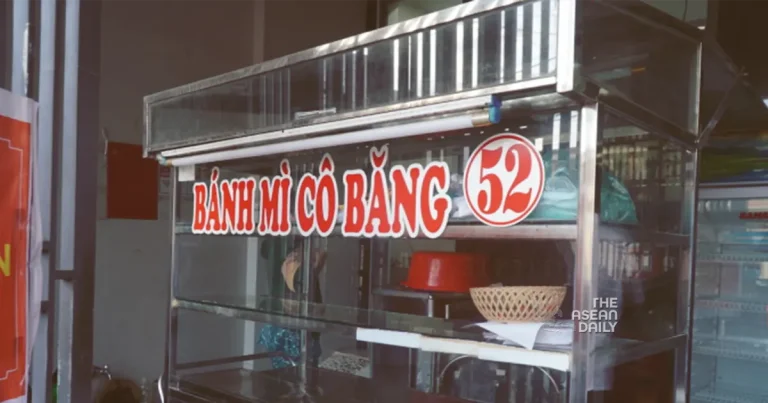8-5-2024 (HANOI) A mass food poisoning incident that left hundreds ill after consuming banh mi sandwiches in Dong Nai Province, adjacent to Ho Chi Minh City, has been traced back to the presence of Salmonella, E.coli, and other harmful bacteria. Authorities have identified these hazardous microorganisms as the primary culprits behind the outbreak, which has affected an astonishing 568 individuals to date.
Vo Thi Ngoc Lam, the vice director of the Dong Nai Department of Health, revealed on Tuesday that the majority of samples collected from the afflicted patients and the food from the “Bang” banh mi shop tested positive for Salmonella. Additionally, the presence of E.coli was confirmed in other samples, further compounding the severity of the situation.
The Ho Chi Minh City Children’s Hospital 2 also announced on Monday that test results from a 6-year-old boy, who was transferred from Dong Nai, revealed the presence of Salmonella. Three days prior, three other children treated at the Dong Nai Children’s Hospital had tested positive for E.coli, underscoring the widespread nature of the contamination.
Salmonella bacteria have been identified by the World Health Organization (WHO) as one of the leading causes of diarrhea globally, including in mass poisoning cases. These bacteria can lead to life-threatening complications such as dehydration, hypotension, multiple organ failure, and even death. They thrive in hot and moist environments, making their transmission through contaminated food a significant concern.
E.coli, a common bacteria found in fresh food products such as meat, milk, juice, cheese, fruits, and vegetables, poses an additional risk. While less severe than Salmonella, the presence of E.coli in food can still cause significant discomfort and illness.
The symptoms of food poisoning caused by Salmonella can manifest within a day, but in some cases, it may take up to 4-5 days or even longer for the effects to become apparent. This delayed onset can make identifying the source of contamination more challenging, particularly in cases where multiple individuals are affected over an extended period.
Previously, on May 3, authorities conducted an inspection of the Bang banh mi shop and sealed the store’s freezer, which contained approximately 15 kg of fermented products, 1 kg of processed pork, 1 kg of pork paste, and 10 kg of pâté. Samples were collected for testing, and the store revealed that they had purchased raw ingredients from multiple shops before cooking them.
As of Tuesday, the number of food poisoning cases originating from the banh mi store in Long Khanh City had risen to an alarming 568. The affected individuals had consumed banh mi sandwiches from the establishment on April 30 before being hospitalized.
While over 200 patients have been discharged, 119 individuals are being monitored at home, and the rest remain under treatment at various hospitals. The most severe case reported thus far involves a boy admitted to the Ho Chi Minh City Children’s Hospital 1, who fell into a deep coma and required ventilation and blood filtration.
Authorities have launched a police investigation into the matter to determine the exact circumstances that led to the contamination and hold those responsible accountable.




